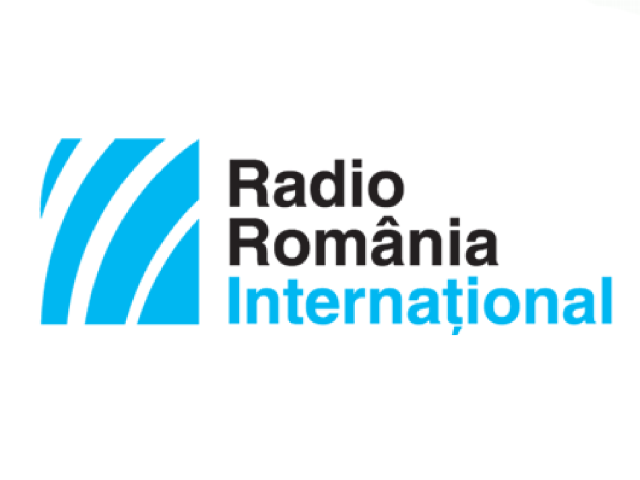The first pilot Crisis Centre for Rape Situations
One of the problems facing Romanian families is domestic violence.

România Internațional, 26.12.2018, 14:14
One of the problems facing Romanian families is domestic violence, and rape is one of the most devastating such forms of violence. The trauma is so big, that some of the victims never manage to overcome it. The statistical data provided by the police reflect the phenomenon only in part, because most of the victims do not report the aggression. In order to support these victims, the National Agency for Equal Opportunities has recently inaugurated the first Crisis Centre for Rape Situations, established within the University Emergency Hospital in Bucharest.
At this centre, victims of sexual abuse will get the help and support they need, as Gratiela Draghici, a State Secretary with the Agency told us: “We want this initiative to be a strong signal for all women in Romania, a sign of support and trust, as a new model of best practice will be created with regard to the integrated management of rape survivors, starting from a sad reality. Unfortunately, most women in question, because of certain stereotypes and mentalities, either do not report the situation to the police, or give up on taking all the necessary steps for the rapists to be finally punished for what they did. And the first step in the right direction was to call on the National Forensics Institute to find a solution for ER physicians to be able to collect biological samples, using a standard kit, which is absolutely necessary in cases of sexual violence. So, the entire activity and management moves to the ER, and in this way women will no longer have to go from one place to another, which usually discourages them. Now they will be able to go all the way in order to make sure the rapist gets punished.”
Gratiela Draghici also told us how the centre will work: “The first condition is for the woman to report the rape; then, the ER physician activates the operative group from the University Hospital — a group specializing in forensics. They come to the ER and ask for the victim’s consent to file a complaint, and with that complaint we can say that legally it’s a case of rape. Next, samples are collected using the standard kit, provided by the National Forensics Institute, then the victim is guided to a shelter for victims of domestic violence, where they can find accommodation and benefit from psychological and legal counseling, in order for the case to have a finality, which is punishing the abuser.”
The project will be extended at national level in an effort to contain the number of sexual aggression cases. The situation is really worrisome at the moment: last year 46 women and 12 children died because of the violence they had been subjected to by former or current partners or family members. A case in which a teenage girl has been sexually aggressed is reported every two days, but many cases go unreported. The fact that 55% of the Romanians consider that rape is justified in certain situations is especially worrisome.
Gratiela Draghici has more: ”Data released by the Romanian Police show over 500 rape cases were reported, investigated, documented and obviously penalized in 2017. Statistics for 2018 haven’t been fully released so far, but the number of cases stands around 450. An important aspect should however be taken into consideration. A significant percentage of people, around 70% according to some surveys, do not declare the status of victim, if we take a look at the broader context of violence, including both domestic and sexual violence. Consequently, these figures are relevant only for the reported cases, which get into the attention of the Police and refer to the closed cases in which aggressors are brought to justice.”
Feminist organizations in Romania hail the initiative taken by the National Agency for Equal Opportunities to set up a pilot Crisis Centre for Rape Situations. Andreea Braga, managing director of the Filia Centre, a feminist organization that fights against gender inequality through activism, advocacy and research has more: “This is a step forward as compared to what we’ve had so far, because there is no crisis centre for the victims of sexual violence. Unfortunately, this is not enough. We are far from having a society in which we can lay emphasis on the victims’ rights and grant them proper protection, as there is a dire need of professionals able to work with sexually traumatized people. Unfortunately, prejudice is pervasive, and there are situations in which they say the victim is at fault and thus the victims get traumatized once more. Furthermore, the victims should go from place to place and tell the story again and again, thus running a high risk of getting traumatized again. Unlike other European countries, Romania does not have a system which lays emphasis on the protection of victims, minimizing the risks they are exposed to.”






























